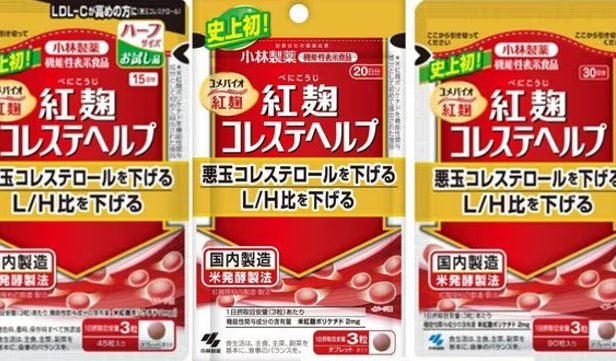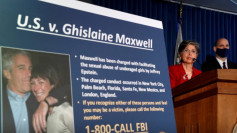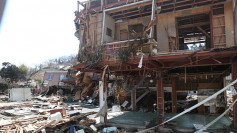In a concerning development in Japan, health supplements containing red yeast rice, known as "benikoji," have been linked to two fatalities and over a hundred hospitalizations, prompting an urgent recall by Kobayashi Pharmaceutical. The Osaka-based drugmaker, under scrutiny for its products' safety, has issued a recall for three brands featuring the ingredient Monascus purpureus, a red mold also utilized in food coloring. The supplements, marketed for cholesterol management, have come under investigation for potential adverse effects on kidney health.
The Japanese government, responding to the escalating health crisis, has mandated Kobayashi Pharmaceutical to disseminate information promptly regarding the risks associated with their products. Health Minister Keizo Takemi emphasized the need for nationwide data collection on health damages and extended condolences to the affected families. The health ministry, alongside local authorities, is spearheading efforts to gather information and assess the full impact of the health scare.
The recall extends beyond Kobayashi's products, affecting over 40 items from various companies that incorporate benikoji in their ingredients list, including food items like miso paste and vinegar dressing. This widespread action underscores the gravity of the situation and the potential risk posed to consumers, especially those with pre-existing health conditions like compromised kidney function.
The tragic incidents have prompted a closer examination of red yeast rice's safety, a component traditionally considered an alternative to statins for cholesterol reduction but known to pose risks of organ damage depending on its composition. The health ministry's spokesperson, Yoshimasa Hayashi, revealed the alarming figures: two suspected deaths and 106 hospitalizations potentially linked to the supplement intake.
Kobayashi Pharmaceutical's response to the crisis includes an apology and a stern warning to consumers to cease using the affected supplements immediately. The company's statement, "Please stop taking our products, and please do not use them in the future," reflects the urgency and seriousness with which they are addressing the issue.
The saga of the benikoji supplements has also seen international repercussions, with sales of the recalled products halted online in China and Taiwan removing them from circulation. This global response highlights the widespread concern over the safety of these health supplements and the potential international implications of the crisis.
As the Japanese government and Kobayashi Pharmaceutical grapple with the fallout from this health scare, the focus has shifted to the rigorous assessment of dietary supplements and their regulatory oversight. With the number of affected individuals still potentially rising, the incident serves as a cautionary tale about the inherent risks of unregulated health supplements and the importance of stringent quality control measures in the health and wellness industry.






